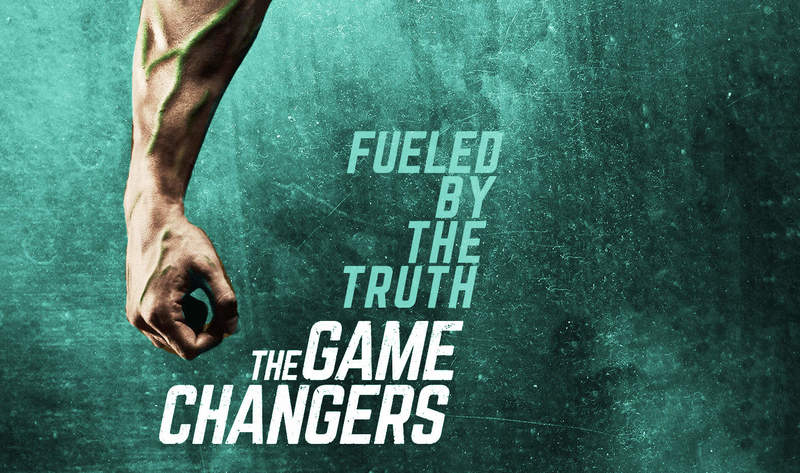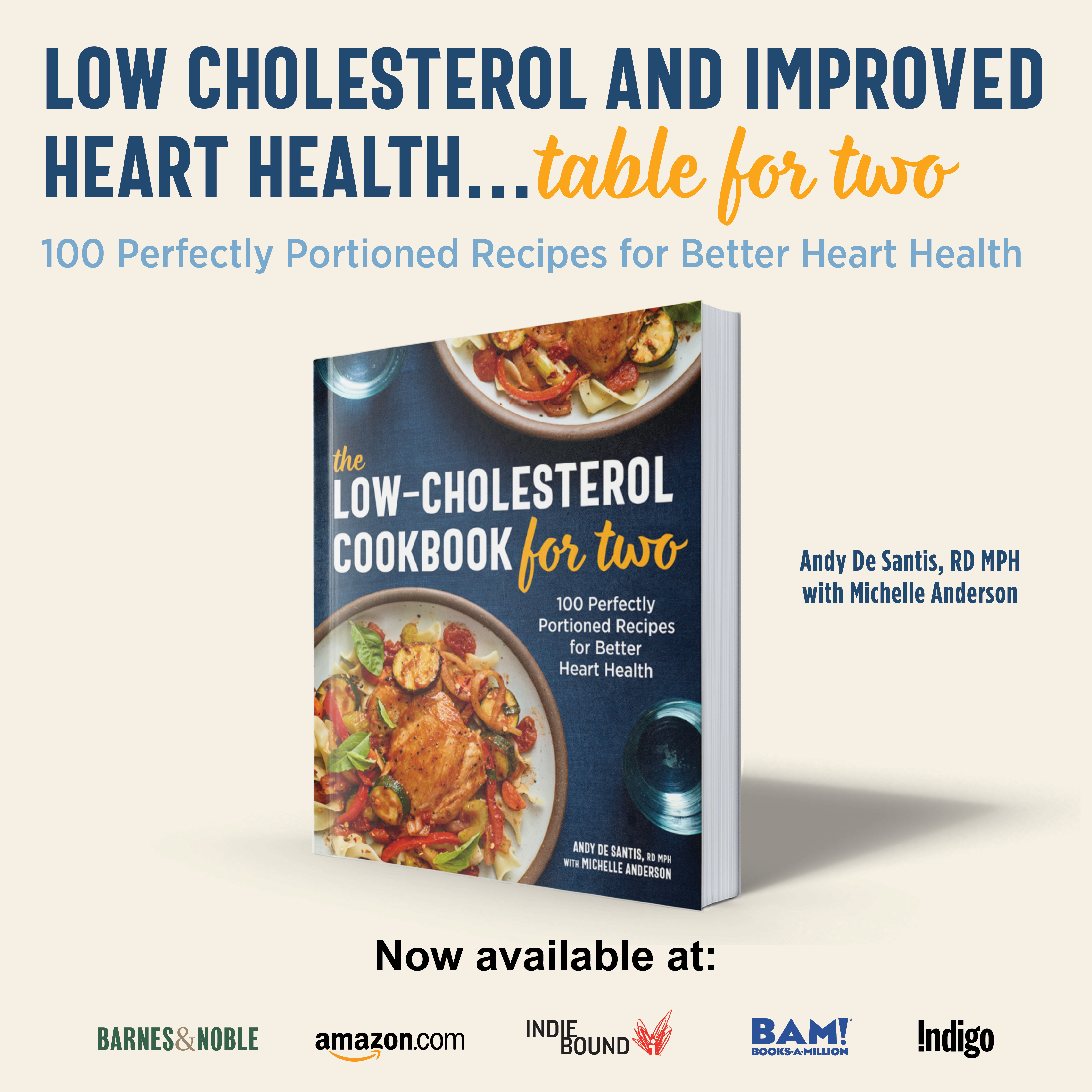The Game Changers is the latest in what appears to be a multi-year wave of pro-vegan documentaries airing on Netflix.
And it’s working.
Veganism is one of the fastest growing societal trends, and I don’t necessarily mind.
Loyal readers of this blog will probably recall my guarded but generally positive 2017 review of the sensational anti-meat documentary What The Health.
Although I am not a vegan or vegetarian myself, I eat more like a vegetarian today than at any other time in my life.
I also urge my clients, friends and family to try their best to do the same to whatever level they feel comfortable.
And why wouldn’t I?
The American Academy Of Nutrition & Dietetics, the largest global organization of its kind, says that appropriately planned vegan & vegetarian diets are associated with a reduced risk of heart disease, type 2 diabetes and certain types of cancer.
They do so because by contributing to lower blood cholesterol, blood sugar and blood pressure levels.
That’s exactly why, as I’ve discussed previously, Health Canada was so adamant about plant-pushing in the latest version of the food guide.
If you are a current or would be vegan/vegetarian, but aren’t sure how to put together a proper nutrition strategy, just know that I can help – so don’t hesitate to reach out.
On to the article!
Game Changers: Fueled By The Truth ( and maybe a few lies)
Now that brings us to The Game Changers, a documentary which is essentially What The Health with an athletic twist.
The goal of the documentary was to demonstrate that vegans, and especially vegan men, were if not athletically superior, at least athletically equivalent to their omnivorous counterparts.
That is my charitable interpretation, a less charitable view of the film might say they slandered eating meat at all costs and identified veganism as the only logical course of action for those who care about optimizing their health and performance.
So Are Vegans Superior Athletes?
I don’t have a PhD in sports science, but I think it’s fair to say that claim is probably a stretch.
Most people in the world, including many of the world’s best athletes, are inevitably omnivorous.
This includes olympic gold medalists, world cup winners, and tour de france champions ( although sometimes you need more than just meat for that particular race).
Is it possible if those individuals were vegan or vegetarian, they’d perform even better?
That’s obviously very hard to say.
The Game Changers highlights some of what must be relatively few high performing vegan athletes, mostly males, who rave about the positive impact either conversion to veganism , or lifelong veganism, has had on their health and performance.
I personally appreciate the significance of these anecdotes because I’ve previously researched and written both on men’s irrational aversion to soy AND the stereotypes and skewed perceptions associated with male veganism.
My private practice experience also alerts me to the fact that these are real barriers holding certain men back from their best health, and it’s hard to deny that the use of vegan athlete interviews was a very effective method in this regard.
Yet we have to be honest in identifying that despite the plethora of health benefits to be gained from veganism, there is no concrete evidence to suggest that vegan diets are necessarily superior for athletic training and performance.
A 2014 International Olympic Committee (IOC) Publication on Vegetarian Athletes had the following to say:
Consumption of a diet rich in plant foods with high antioxidant content, such as a vegetarian diet, could minimize the potential for free radical damage and may offer advantages to an athlete’s training and health. Vegetarians, in general, have lower stores of muscle creatine, thus high‐intensity, sprint‐like performances may be affected.
Some pros, some potential cons.
Newly minted vegan or vegetarian athletes who have not planned their diet appropriately may also be at risk of insufficient intake of B12,iron, calcium, vitamin D and omega-3 fatty acids.
This goes for any new vegan or vegetarian though.
Which is why they should see a dietitian!
Despite the current state of the science, The Game Changers seems to characterize veganism in athletics as the holy grail, using some cringe-worthy examples to support the claim.
The absurdity of giggling college athletes reviewing their overnight erection data after a plant vs meat-based meal jumps immediately to mind.
Comparing the meat industry to the tobacco industry, even with the most charitable of interpretations, is also of questionable ethics.
But it’s not all bad.
The film seamlessly transitions between very important messages about the health and environmental benefits of a more plant-based eating style and absurd unscientific charades, like the ones I just mentioned, in a diffuse attempt to convert you to veganism.
But what else would you expect from a Netflix documentary?
Personally, I like a little spice in my jambalaya.
While I don’t want to be seen as someone who supports dishonesty in nutrition discourse, I can also fairly acknowledge that the makers of The Game Changers had an agenda in mind, and the fact that I’m even bothering to write this blog shows that they succeeded, even if by somewhat disingenuous means.
Yes, you could choose to pick apart some of the more outrageous comparisons made in the film – such as the assertion that if plant-based is good enough for gorillas, it should be more than good enough for humans.
But that’s already been done by so many others, so I won’t bother.
Although….. I am now debating writing a blog on the benefits of eating more termites and bamboo. ( Google: What Gorillas Eat)
In all seriousness, the most salient case presented in the film probably had to do with the firefighters who demonstrated significantly improved cardiometabolic bloodwork readings after a brief period of plant-based eating.
These results should come as no surprise to anyone familiar with the work of Dr David Jenkins and his plant-based portfolio diet for lowering cholesterol.
It’s hard to deny that a shift towards more plant-based protein would serve most men in this country well and if this documentary helped turn a few heads in that direction, I can hardly begrudge it.
The meat industry will survive.
Until next time,
Andy De Santis RD MPH
PS: Going vegan after watching The Game Changers? Read this first.
PS2: Want to eat more plants WITHOUT going vegan? Buy my new book.




